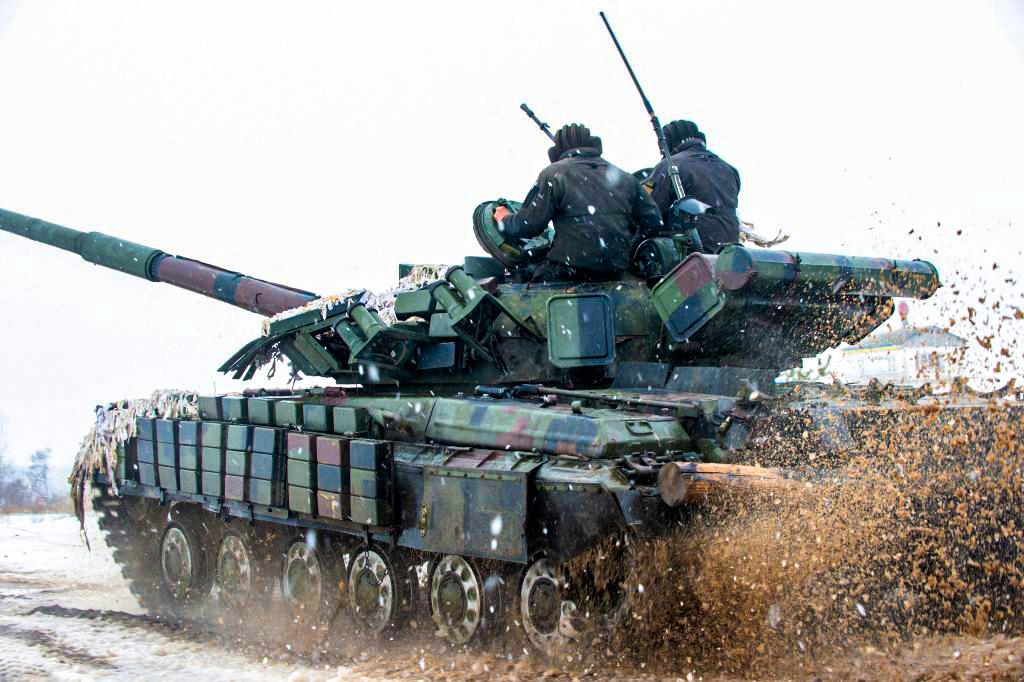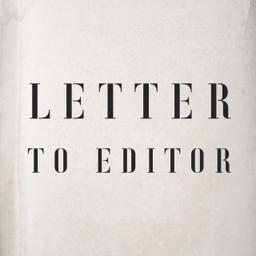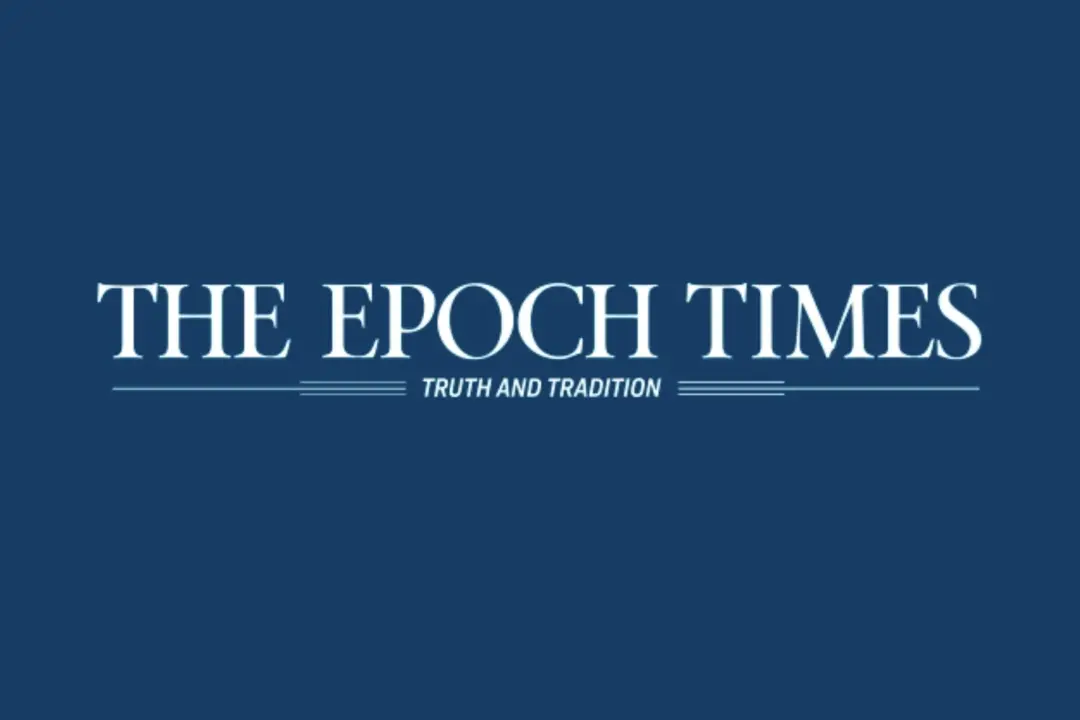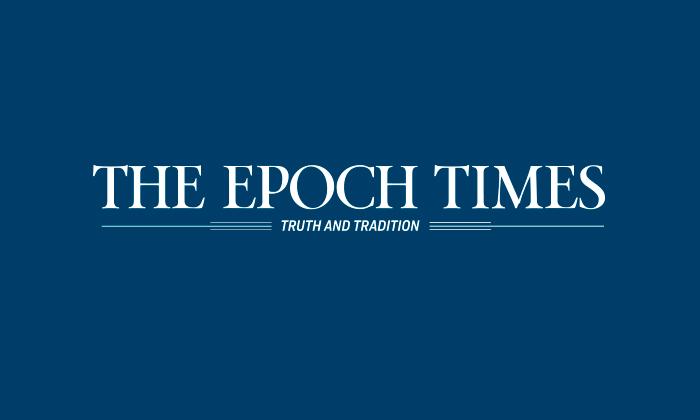The writer wishes to keep their name private due to fear of reprisal from their institution in East-Central Europe.
The Ukraine disaster represents yet another manifestation of leftist ideology that, in ways, some conservatives fail to understand. Standard conservatism criticizes America’s self-inflicted weakness concerning energy production and bungled adventures such as Afghanistan. But weakness is only part of the story. The larger issue is foolishness, coupled with a cultural hubris that seeks to bring the world under liberal-left hegemony.



